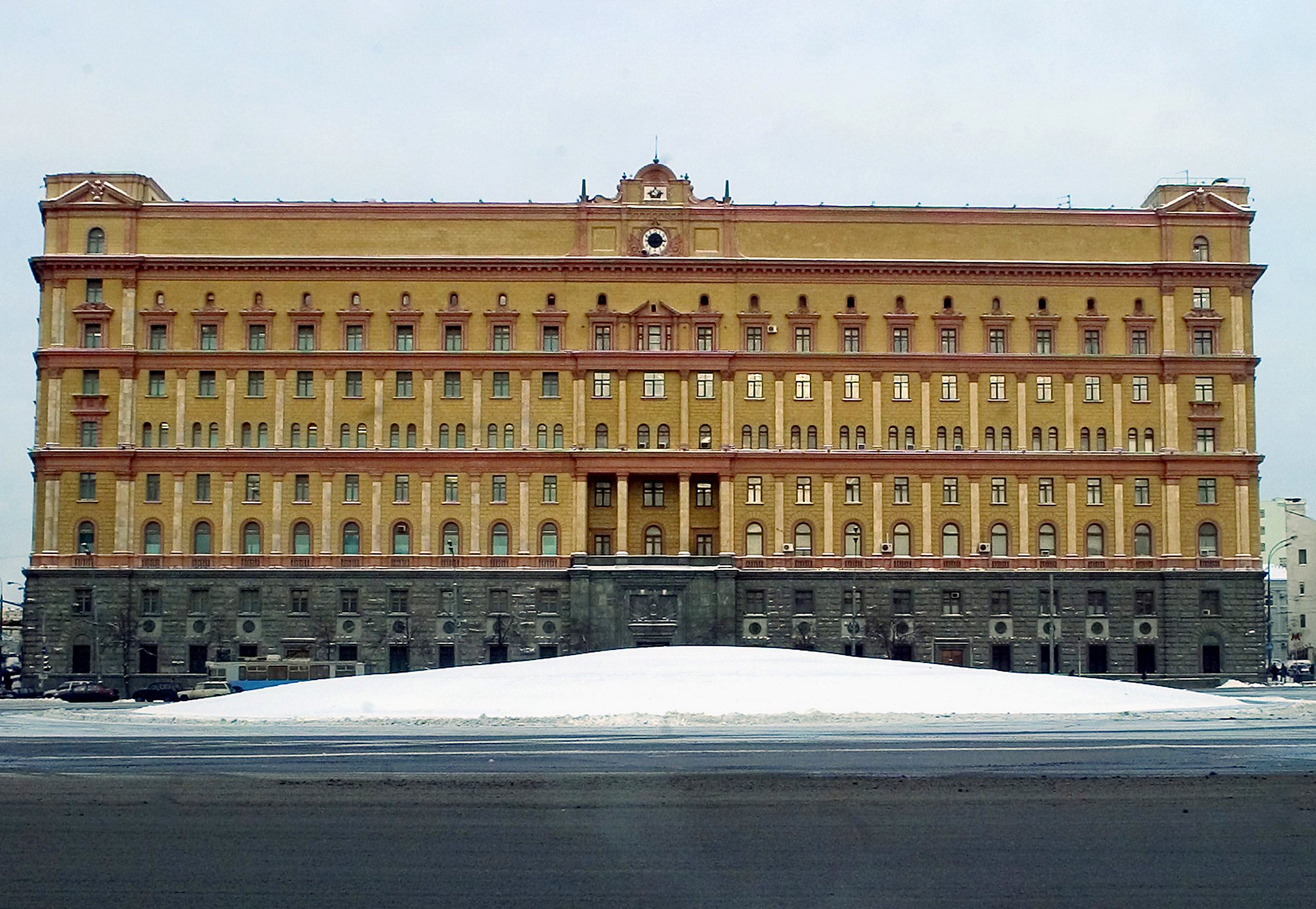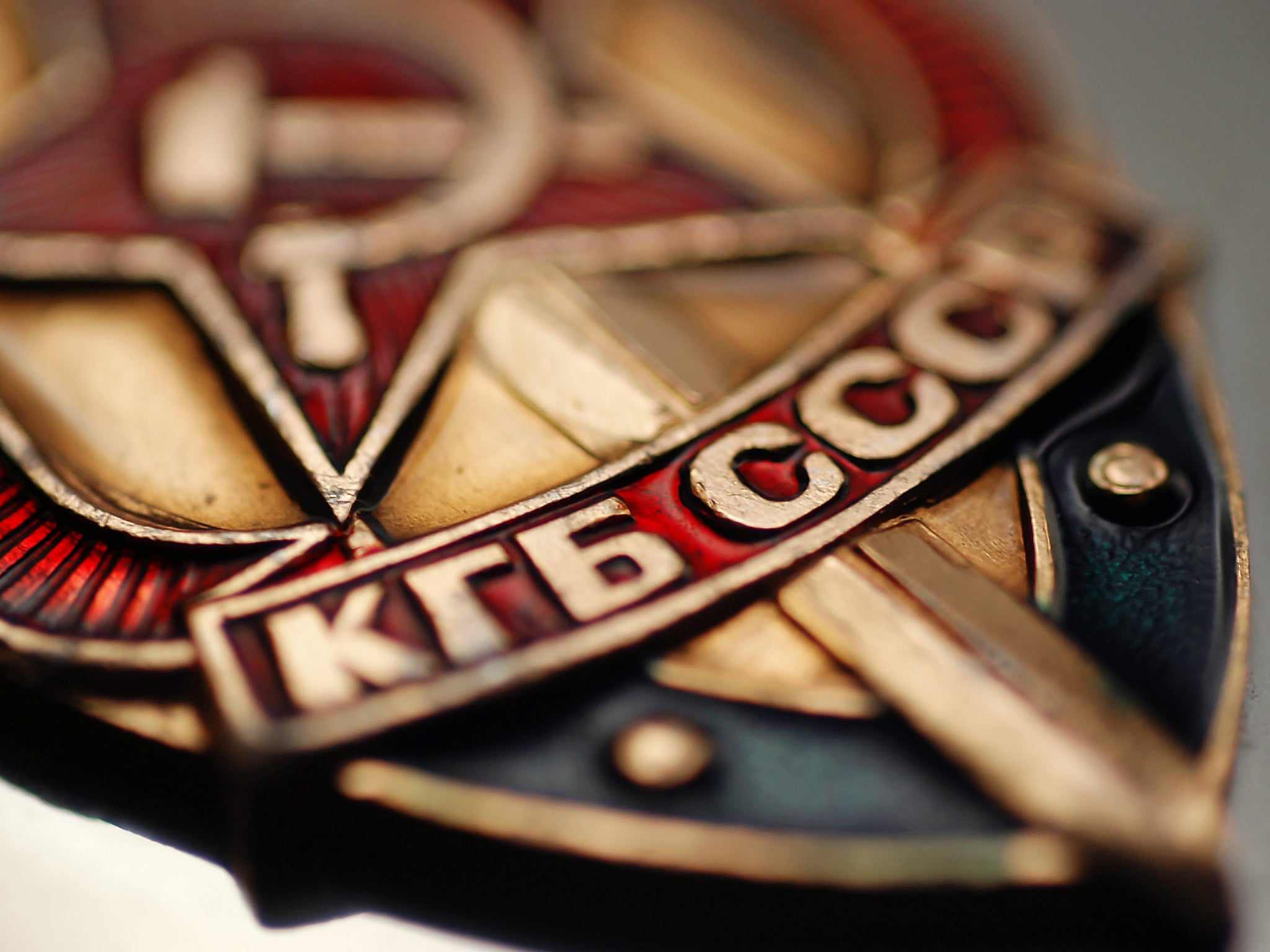All the precedent’s men: Russia’s history of using sex for spying
While claims of Trump having cavorted with prostitutes have no substance, there is no denying that the Russian security services know better than anyone how to lay a honeytrap

Your support helps us to tell the story
From reproductive rights to climate change to Big Tech, The Independent is on the ground when the story is developing. Whether it's investigating the financials of Elon Musk's pro-Trump PAC or producing our latest documentary, 'The A Word', which shines a light on the American women fighting for reproductive rights, we know how important it is to parse out the facts from the messaging.
At such a critical moment in US history, we need reporters on the ground. Your donation allows us to keep sending journalists to speak to both sides of the story.
The Independent is trusted by Americans across the entire political spectrum. And unlike many other quality news outlets, we choose not to lock Americans out of our reporting and analysis with paywalls. We believe quality journalism should be available to everyone, paid for by those who can afford it.
Your support makes all the difference.Just a week before his inauguration as US president, Donald Trump became deeply embroiled in a bizarre story about unverified claims that the Russian government holds compromising information on his private life. The claims were made in a series of reports said to have been written by Christopher Steele, an ex-MI6 officer turned private intelligence consultant who it is claimed was commissioned by groups opposed to Trump to dig up discrediting material.
The dossier makes personal claims regarding Trump, allegedly based on information provided by officials of Russia’s Federal Security Service (FSB). Trump has furiously rejected the dossier as fake.
Plenty of observers have questioned the dossier’s accuracy. Its claims are, after all, both remarkably lurid and conveniently topical and it is notably light on specific sources.
But the story refocuses the spotlight on Russia’s extensive use of honeytraps. This is one of its most reliable tools for generating kompromat – embarrassing information on individuals that can be leveraged to elicit secrets – throughout the Cold War, the FSB’s Soviet predecessors, the NKVD and KGB, famously used it to great effect.
Defences down
William Luers, a former US ambassador to Czechoslovakia, assumed he was always watched as a young diplomat in 1960s Moscow. “What they would do, I’m sure, is listen to my wife and me to find out if we had any problems financially, was I given to promiscuity, and just listen to our apartment and wherever I was,” he told Time magazine. In 2003, Sir Brian Crowe, once a junior Foreign Office official in Moscow, spoke of “restrictions, self-imposed, on us… no romantic/sexual relations with Russians for fear of blackmail”.
Western officials are routinely warned about the risks of being compromised in sexual acts or illegal activity, yet Russia’s intelligence agencies have enjoyed much success, both past and present. Major Ivan D Yeaton, US military attache to Moscow from 1939 to 1941, described regular parties with girls “generously provided” by the NKVD.
In the 1950s, at least a dozen US diplomats were recalled to Washington after admitting sexual liaisons with KGB partners and in 1981 the US assistant military attache to Moscow – supposedly the best Russian-speaker in the American Embassy – returned to the US following a party “stage-managed by the KGB”.
In 1989 Felix Bloch, a US State Department official, was discovered to be passing secrets to the Soviets having been compromised following an interest in sadomasochistic sex. He was forced to resign his post, though he was never charged.
Various British officials in Moscow also fell foul of Soviet honeytraps. John Vassall, an Admiralty clerk working at the UK’s Moscow embassy, was famously blackmailed into spying for the KGB after being photographed during an orgy with several men at a time when gay sex was illegal in Britain. “I remember the lighting was very strong and gradually most of my clothes were removed. I remember two or three people getting on to the bed with me,” he said in a confession in 1962 released by the National Archives in 2006. “Certain compromising sexual actions took place. I remember someone in the party taking photographs.”
In the 1960s, Jeremy Wolfenden, The Daily Telegraph’s Moscow correspondent and an SIS agent, was also blackmailed by the KGB with photos of him having sex with a man. (Funnily enough, he was the son of Lord Woldenden, who chaired the committee that recommended Britain legalise homosexuality.)
Soviet intelligence also compromised Sir Geoffrey Harrison, Britain’s ambassador to Moscow from 1965 to 1968. In his own words, Harrison “let his defences drop” and started a sexual relationship with a young, attractive Russian maid, who turned out to work for the KGB. As a result, Harrison was forced to admit the affair to Foreign Office mandarins, leading to his removal in 1968 and the end of his diplomatic career.
“It is happening all the time to diplomats and journalists, even to politicians,” he explained at the time. “If you are on a long tour abroad then your defences can drop. It’s unforgivable but it happens.”

Then and now
Sir Anthony Brenton, Britain’s ambassador to Moscow between 2004 and 2008, described kompromat as “very much a part of the way Russia works”. Sure enough, various incidents of recent years prove that Western diplomats and luminaries on tour in Russia still need to keep their noses clean.
In July 2009 British diplomat James Hudson, then deputy consul general at Yekaterinburg, was humiliated by the release of a four-minute video, “Adventures of Mr Hudson in Russia”, which showed him with prostitutes. There was no suggestion he was involved in espionage. He resigned his post. In a statement, the Foreign and Commonwealth Office warned that staff should “demonstrate high levels of personal and professional integrity”.
A month later, a US diplomat was also involved in a sex scandal following a video which showed him with a prostitute being leaked online.
Whatever the truth regarding allegations against Trump, sexual entrapment was, and is, a tool frequently used by the Soviet intelligence services and their modern-day Russian descendants. The claims in the dossier are lurid and unproven, but they draw on very real precedents.
Dan Lomas is Programme Leader, MA Intelligence and Security Studies, at the University of Salford. This article first appeared on The Conversation (theconversation.com)
Join our commenting forum
Join thought-provoking conversations, follow other Independent readers and see their replies
Comments